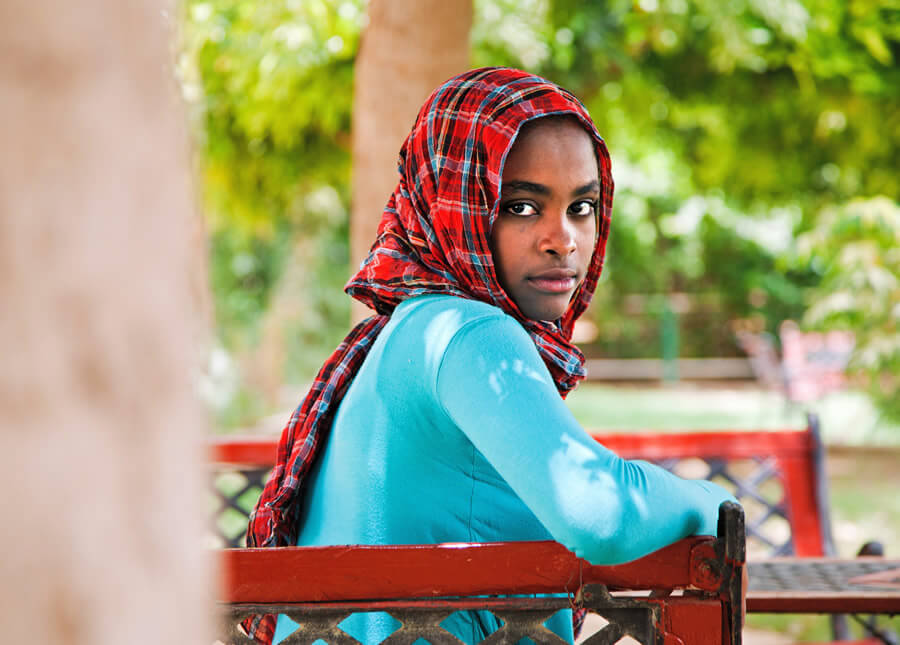News

AFIDEP has launched a programme, “Strengthening Use of Research Evidence in Adolescent and Youth Sexual and Reproductive Health” (enSURE Adolescent and Youth SRH), to provide policymakers in the Ministry of Health in Kenya and Malawi the research evidence needed to inform the formulation and design of effective policies and programmes for improving young people’s health.
Poor sexual and reproductive health of young people in Africa remains a major developmental challenge in the region. For instance, in Kenya and Malawi, the median age at which adolescents initiate sexual activity is 18 years. In addition, only 2 in 10 adolescent girls who are sexually active use contraceptives. These trends are not unique to Kenya and Malawi “ they typify what is happening across the sub-Saharan Africa region.
Evidence further shows that pregnant adolescent girls are at increased risk of pregnancy-related deaths. In addition, young people are at increased risk of sexually transmitted infections (STIs) and HIV infection. These poor sexual and reproductive health indicators negatively affect the development of young people and broader socio-economic development of the region. Many young girls who become pregnant while in school are forced to drop out and most are not able to return to school after giving birth.
Although most countries in Eastern and Southern Africa have made considerable progress towards improving access to sexual and reproductive health information and services for young people, they continue to grapple with how to accelerate their progress. Young people’s sexual and reproductive health is not prioritised at policy, resource allocation and programme implementation levels. As acknowledged by Dr Bartilol Kigen, Head of the Reproductive and Maternal Health Unit (Kenya Ministry of Health),” the needs in the adolescent and youth sexual and reproductive health programme are many but few resources are allocated to address them. We also have very few partners to support the programme.”
Furthermore, societal stigma associated with young people’s sexuality, opposition by religious institutions and parents towards efforts to make critical sexual and reproductive health services available to young people, and cultural practices that put the sexual and reproductive health young girls at risk, curtail efforts by governments to fully address this issue.
The evidence gap
Lack of research evidence that illustrates the investment case on socioeconomic benefits of investing in adolescents’ and youths’ sexual and reproductive health as well as cost-effective interventions is a major challenge for policymakers.
There is also limited access to in-depth analysis of existing data, and weak technical capacity to synthesise, translate, package and use research evidence in decision-making processes.
The wheels of change
Through this programme, AFIDEP seeks to support policymakers in the Ministry of Health in Kenya and Malawi to access and use research evidence in the formulation and design of effective policies and programmes for improving young people’s sexual and reproductive health. This includes identifying evidence gaps, synthesising, translating and repackaging the evidence, and promoting and facilitating its use in decision-making.
In both Kenya and Malawi, AFIDEP has partnered with the Reproductive and Maternal Health Unit and the Reproductive Health Directorate, respectively on the programme. Together with these government agencies, AFIDEP has identified actual evidence gaps that policymakers are experiencing. The programme will also engage with the media and parliamentarians to increase the public awareness of the benefits of safeguarding young people’s sexual and reproductive health. To catalyse leadership, commitment and implementation of more effective policies and programmes for young people’s sexual and reproductive health across the sub-Saharan Africa region, the programme will synthesise, translate and disseminate research evidence on regional and global best practices in responding to young people’s sexual and reproductive health challenges using existing regional platforms such as those convened by the East, Central and Southern Africa Health Community (ECSA-HC), the East African Community (EAC), and the Southern African Development Community (SADC).
To enhance the sustainability of the programme in increasing the application of research evidence in decision-making, the programme will support skills training of policymakers responsible for adolescent and youth SRH in Kenya and Malawi.
The “enSURE Adolescent and Youth SRH” programme is funded by the Norwegian Agency for Development Cooperation (NORAD) “ Global Health Section.

